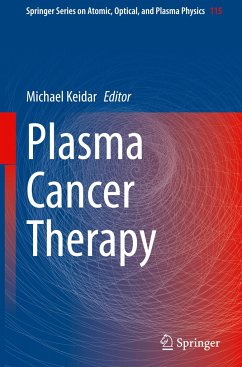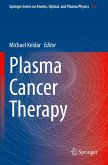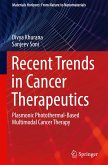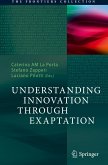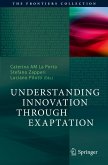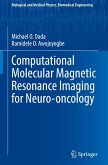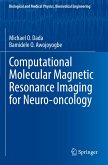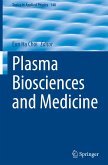This book, written by key researchers in the field, provides a comprehensive analysis and overview of the state of the art of plasma-based cancer therapy. Recent progress in atmospheric plasmas has led to non-thermal or cold atmospheric plasma (CAP) devices with ion temperatures close to room temperature. In contrast to many existing anti-cancer approaches, CAP is a selective anti-cancer modality which has demonstrated significant potential in cancer therapy.
Written by a global, cross-disciplinary group of leading researchers, this book covers basic theory, generation, diagnostics, and simulation of cold atmospheric plasma, as well as their clinical application in cancer therapy, immunotherapy, and future outlook, giving a complete picture of the field.
It is meant for a broad audience, from students to engineers and scientists, who are interested in the emerging world of plasma medical applications. It presents recent advances, primary challenges, and future directions of this exciting, cutting-edge field.
Written by a global, cross-disciplinary group of leading researchers, this book covers basic theory, generation, diagnostics, and simulation of cold atmospheric plasma, as well as their clinical application in cancer therapy, immunotherapy, and future outlook, giving a complete picture of the field.
It is meant for a broad audience, from students to engineers and scientists, who are interested in the emerging world of plasma medical applications. It presents recent advances, primary challenges, and future directions of this exciting, cutting-edge field.

